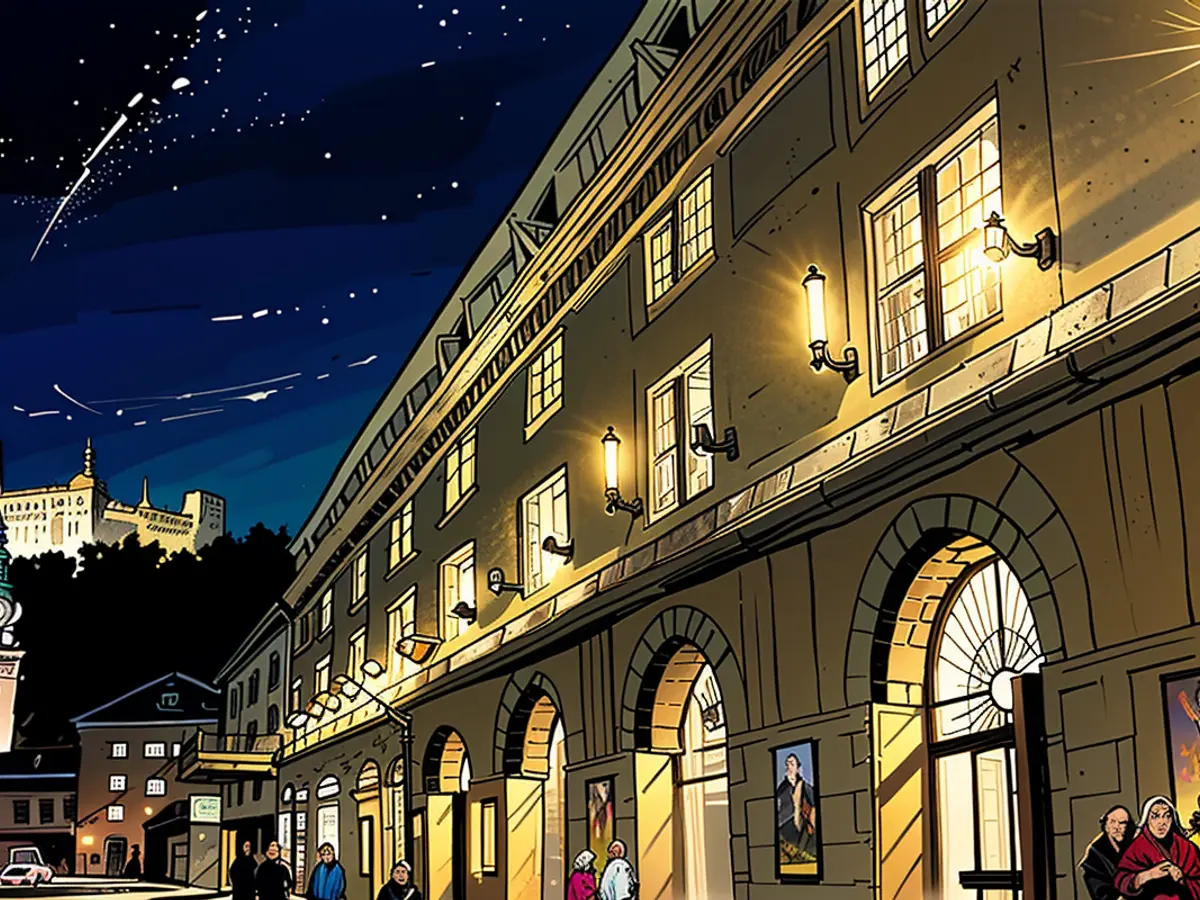Acoustic - Large Festival House in Salzburg gets a digital twin
The Grand Festival Hall in Salzburg has a digital twin. It is the first concert hall to be exactly reproduced in a computer using the application developed by Siemens named "Sound of Science," as the company announced. The technology allows not only the appearance and sound of the hall to be experienced virtually, but also changes to be simulated.
With the application, organizers, according to Siemens, can explore what it means acoustically if, for example, acoustic panels are added or the orchestra is rearranged. For the current program of the upcoming festivals, the technology has not yet played a role, but Siemens plans to make other halls digital and make the technology available to selected partners for free.
"There are already some concrete ideas for using the app at the Salzburg Festivals," emphasized a spokesperson. These will now be developed and tested together. "The app should offer cultural institutions new possibilities in planning." The Salzburg Festivals are a "first showcase" to demonstrate the underlying technology. "Independent of Salzburg, we are already in talks with other cultural institutions and will realize further application cases in the coming weeks."
Digital twins are usually used mainly in industry - for example, to plan production lines. In this case, a as precise a virtual image as possible is created, which should behave like reality in simulations. This simplifies and accelerates planning and thus saves costs.
It's not surprising that Salzburg is the first application case for the digital concert hall-twin: Siemens has been a major sponsor of the event since 1999.
- The digital twin of the Grand Festival House in Salzburg, Germany, is a significant development in the world of culture, as it's the first concert hall precisely replicated in a computer using Siemens' application called "Sound of Science."
- The technology behind this digital twin allows organizers to understand the acoustics better, for instance, by adding acoustic panels or rearranging the orchestra.
- Despite being the first to employ this technology for a concert hall, Siemens aims to digitalize other halls and make the application free for selected partners, intending to provide new planning possibilities for cultural institutions.
- Salzburg Festivals serve as a demonstration for this underlying technology, with talks ongoing for its application in other cultural institutions across Austria and beyond.








